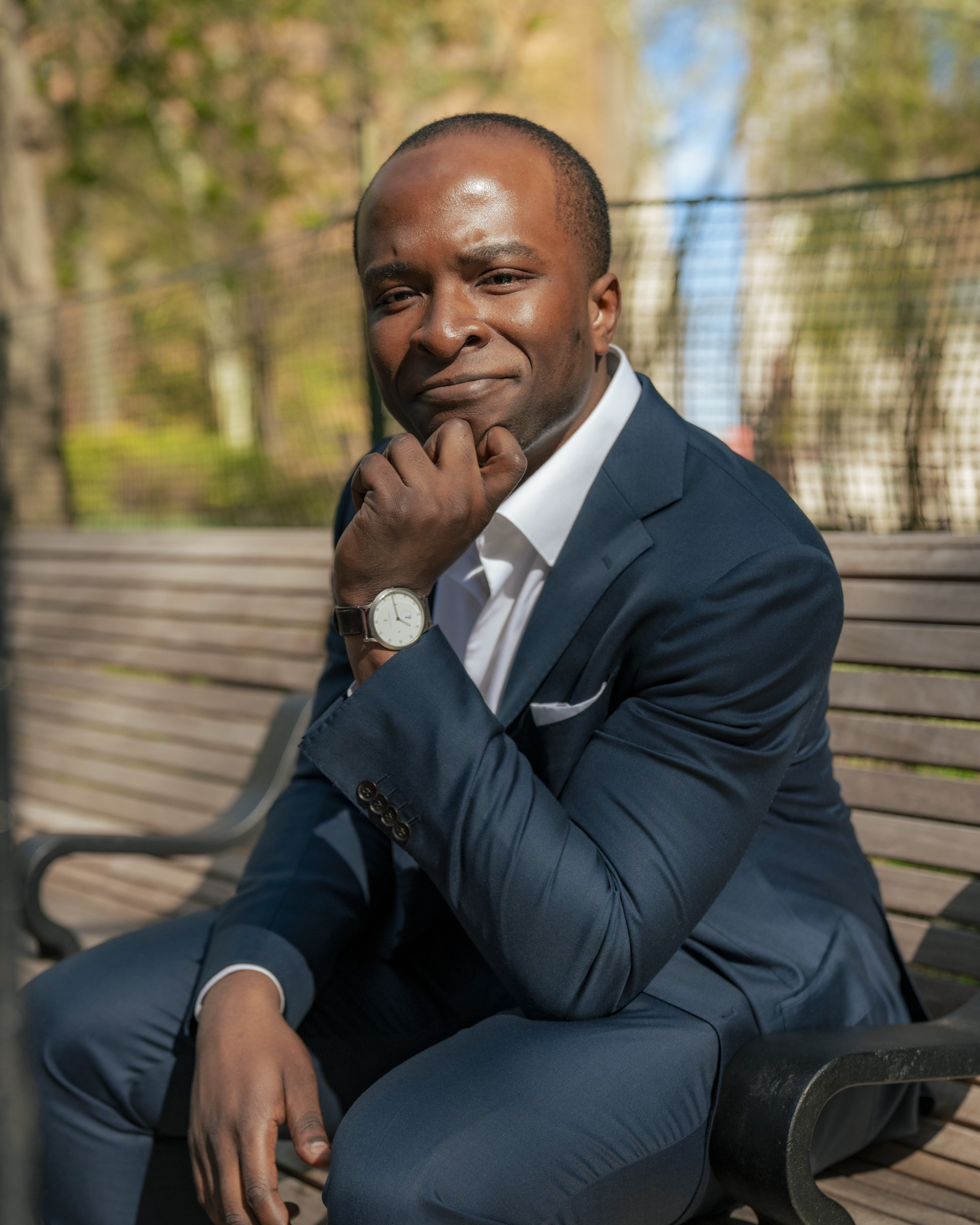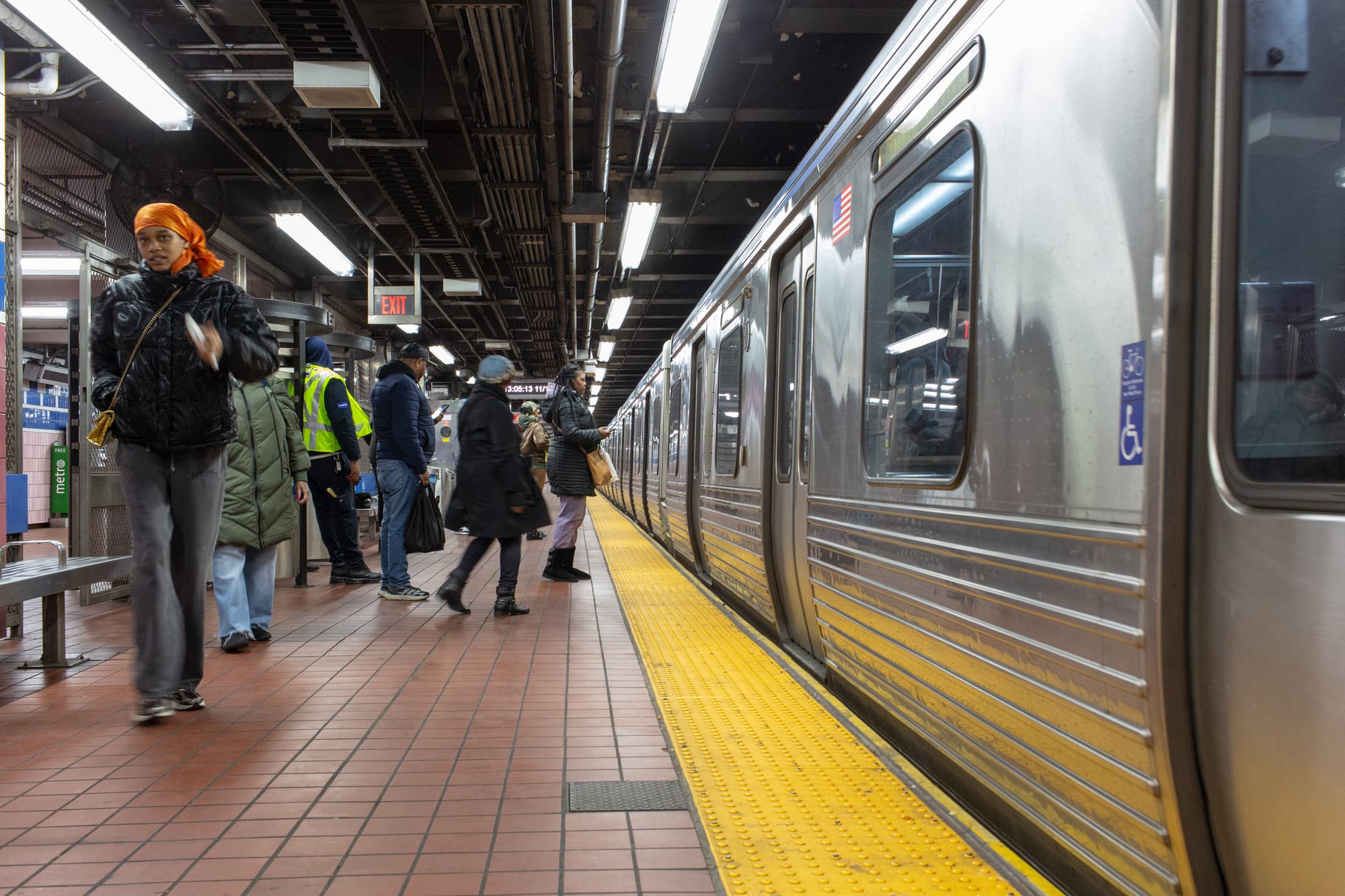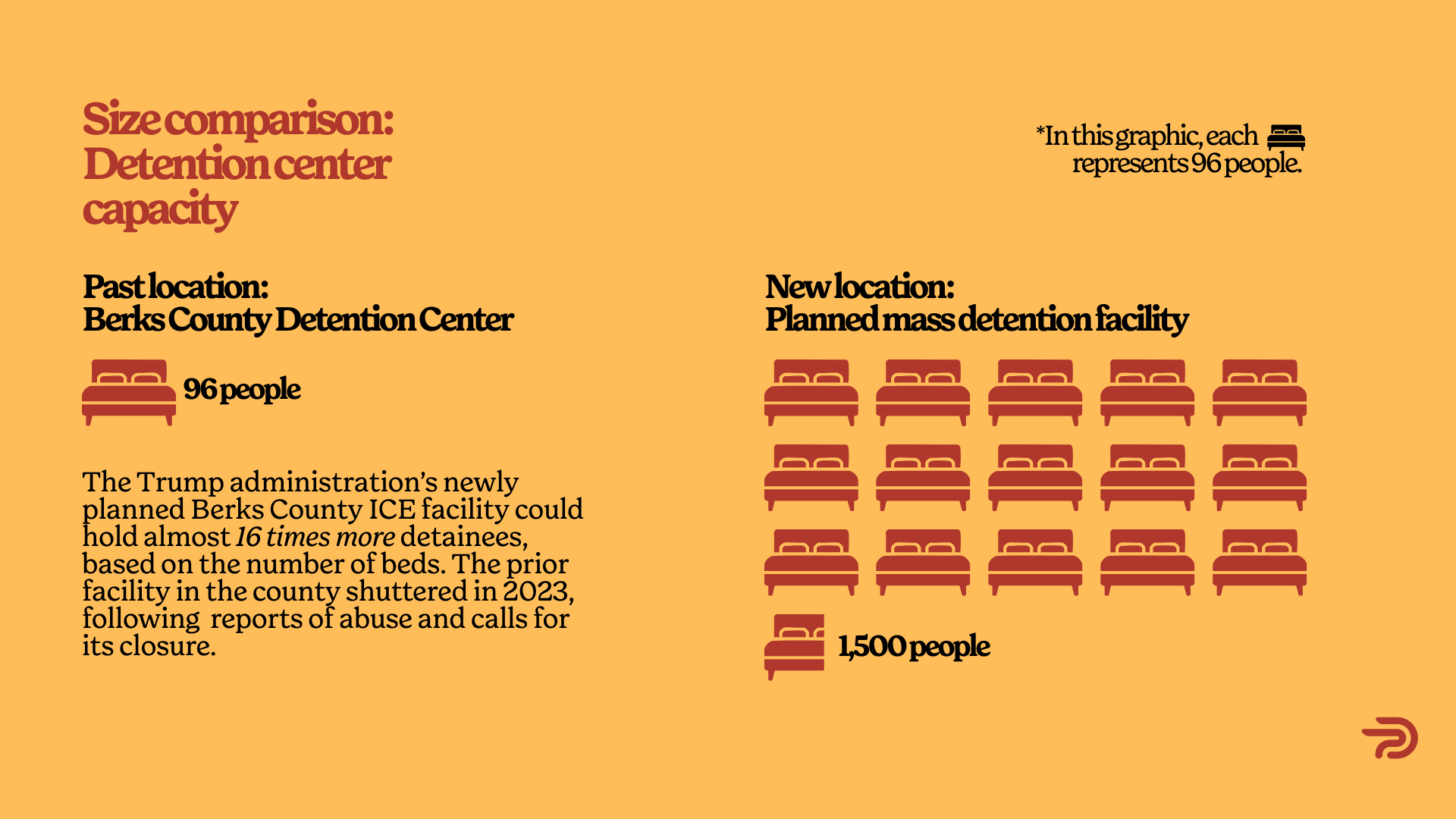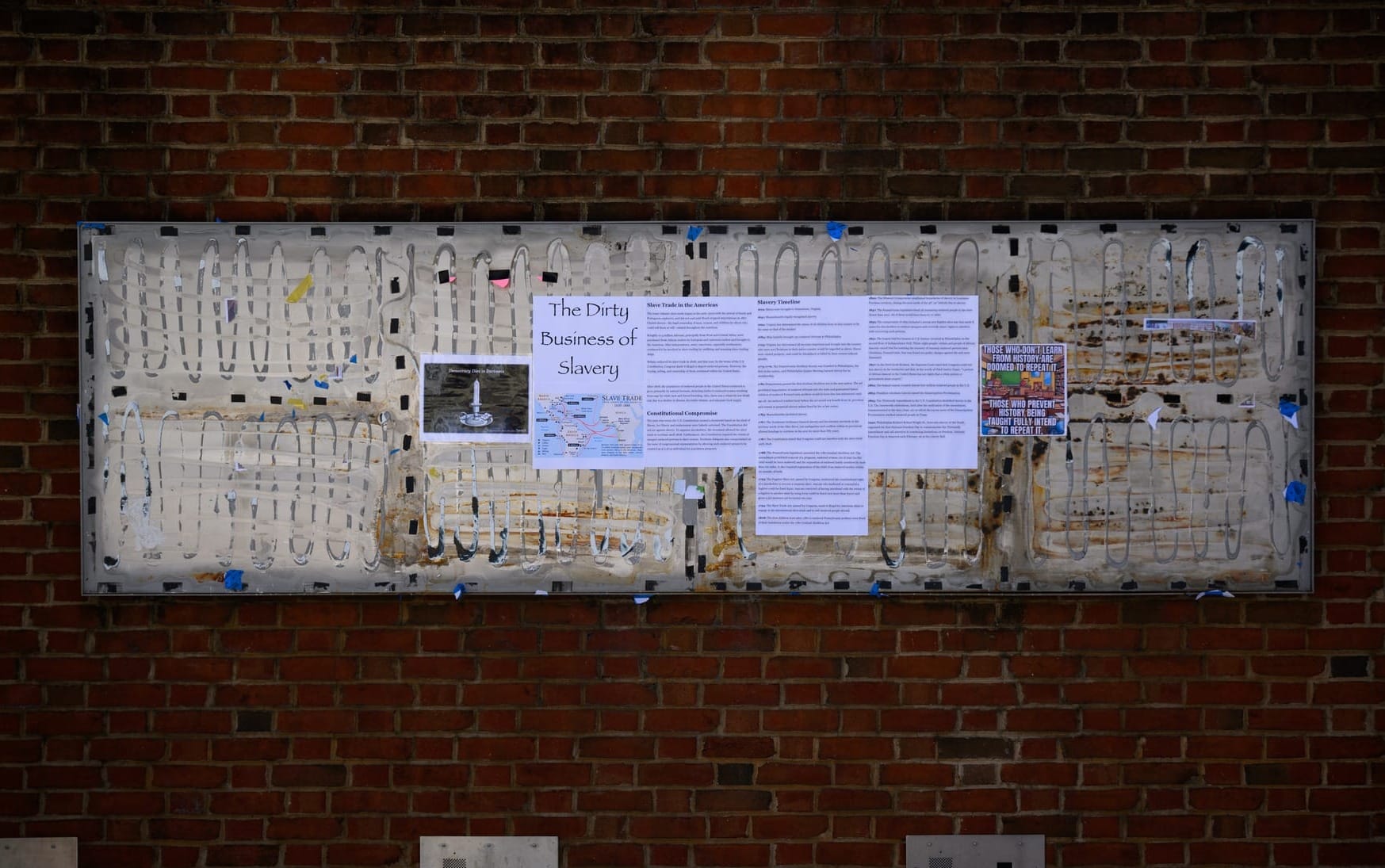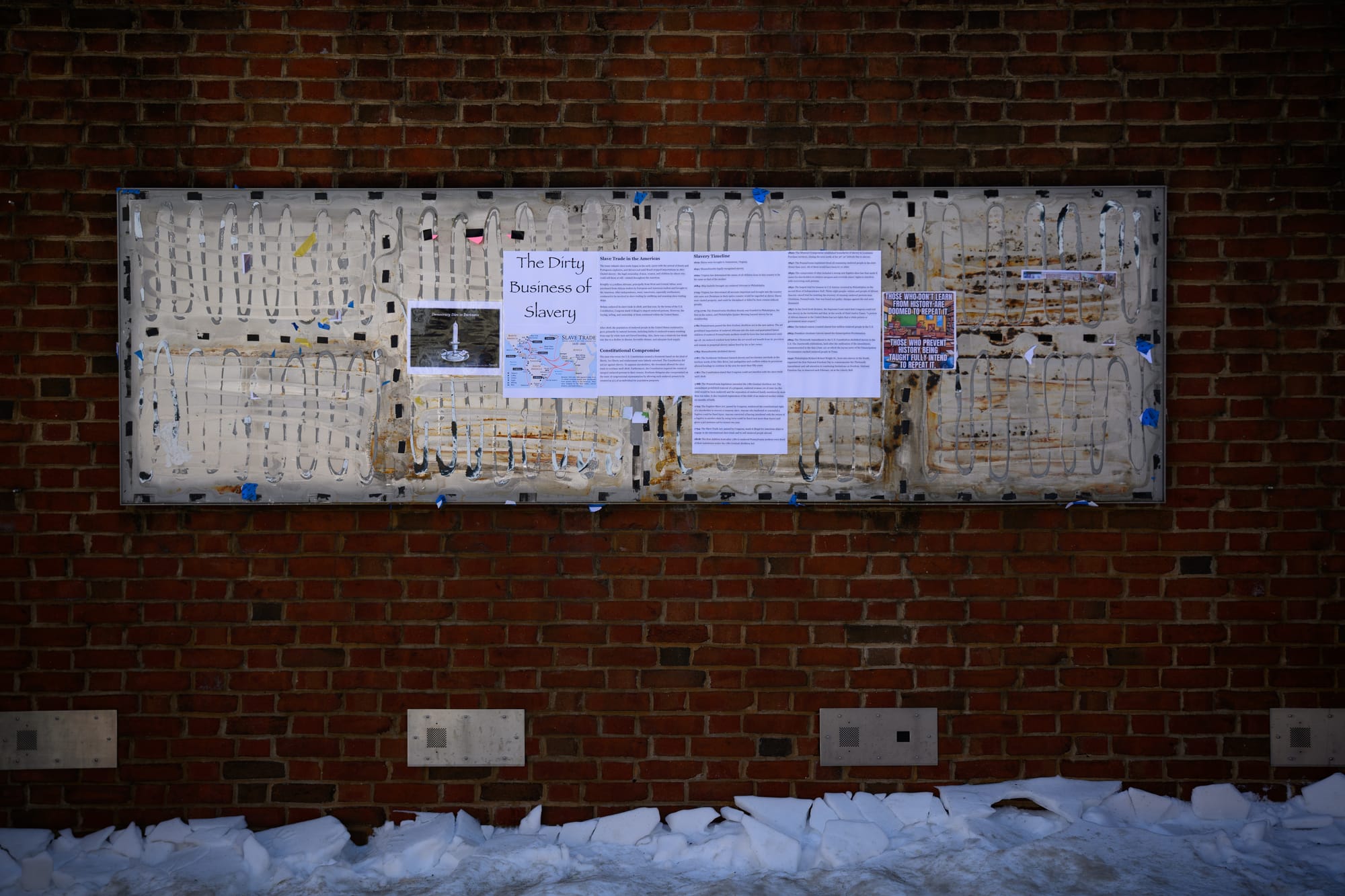Memory Is Power. That’s Why Trump Wants to Erase It.
Donald Trump has never been subtle about where he stands on history.
Donald Trump has never been subtle about where he stands on history. His political rise began with a lie about Barack Obama’s birth certificate, and his first term ended in an insurrection staged beneath Confederate flags.
So it’s no surprise that in his second term as president, Trump is once again targeting one of the most important stewards of American memory: the Smithsonian Institution.
In a recent executive order, Trump wants to slash federal funding to the Smithsonian and reallocate those resources to what he calls “patriotic education.” This isn’t just a budget decision, it’s a deliberate act of historical vandalism. The Smithsonian is home to the National Museum of African American History and Culture, the National Museum of the American Indian, and the Latino and Asian American museum initiatives.
It is one of the few places where the richness, pain, and resilience of America’s marginalized communities are curated with care and institutional respect. Trump’s plan is not just about money. It’s about erasing those stories.
The Smithsonian’s annual federal appropriation, about $1.2 billion, is not extravagant. That money funds 21 museums, the National Zoo, and multiple research and education centers. It ensures free public access to cultural and historical knowledge in a country where inequality often blocks entry to the arts.
For millions of Black families, including here in Philadelphia, a visit to the Smithsonian is a pilgrimage, a moment to see ourselves reflected in the story of America. Trump wants to end that.
In its place, he’s promised a network of government-sponsored “pro-American” curricula and monuments. But we’ve seen what that means. When Trump launched the 1776 Commission in his final days in his first term, it produced a pamphlet dismissing the civil rights movement as a distraction and insisting that America’s founding was unmarred by racism.
That document wasn’t just inaccurate, it was a declaration of intent. Trump’s vision of history is one where slavery was a footnote, not a founding institution. Where segregation was unfortunate, but not disqualifying. Where the only “real” Americans are the ones who look like him.
Philadelphia knows the cost of that kind of thinking. Ours is a city of memory. We are home to Mother Bethel, to Marian Anderson, to MOVE. Our murals and museums bear witness to a struggle for justice that spans generations. But that history has always been fragile, vulnerable to political winds. It took decades of activism to build a national museum that centers Black life, and only a few signatures in a back room to defund it.
What Trump understands, what his critics often miss, is that controlling history is a form of power. The stories we tell about ourselves shape what policies we pursue, what injustices we acknowledge, and what futures we can imagine. When Trump attacks the Smithsonian, he’s not just taking aim at dusty artifacts. He’s declaring war on a multiracial democracy.
And there is a chilling precision to this. The Smithsonian is federally funded, but its audience is national. It belongs to all of us.
Yet it is often the only place where Black and Brown histories are preserved at scale. In a country where school districts are banning books by Toni Morrison and AP African American Studies is under attack, the Smithsonian stands as one of the last bulwarks of truth. Defunding it isn’t a policy proposal, it’s a purge.
Some will argue that this is just another Trump distraction, that the Smithsonian isn’t going anywhere. But dismissing this move as mere culture war politics misses the point. Culture is policy. It always has been. When you erase the past, you weaken the foundation for claims to justice in the present. Without historical context, mass incarceration becomes just a statistic. Redlining is just bad luck. Reparations are unthinkable.
We should also resist the temptation to see this as simply Trump being Trump. Yes, his cruelty is the point, but his attacks on public institutions often become templates for future Republican agendas. Ron DeSantis in Florida has already gutted diversity programs and rewritten school textbooks.
This moment demands clarity. The Smithsonian is not perfect, but it is indispensable. It tells a story of America that includes the enslaved and the emancipated, the freedom fighter and the policy wonk, the forgotten and the remembered. It is not just a museum system, it is a national conscience.
Philadelphia must not be silent. Our artists, our educators, our elected officials should speak out. We must remember that defending memory is not nostalgia, it is resistance. Because if we let Trump erase our past, we will be unprepared to fight for our future.
